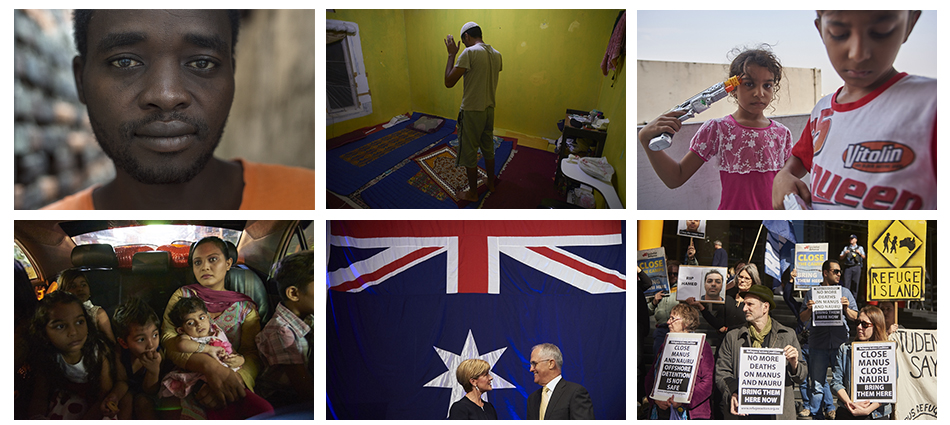Aaron Bunch Journalist with Australian Associated Press | Collection of published work | + 61 484 008 119 | abunch@aap.com.au

Disability inquiry considers homelessness
The Royal Commission into Violence, Abuse, Neglect and Exploitation of People with Disability will hear from disabled people who have been homeless.
August 29, 2022
People with disability are at a greater risk of experiencing homelessness than people without disability, an inquiry has been told.
The disability royal commission has turned its focus to the experiences of disabled people who have been homeless or are at risk of homelessness in NSW and Victoria.
The inquiry sitting for five days in Parramatta, Sydney, will also examine the operations of the National Disability Insurance Agency and other government departments.
“This hearing will be considering whether and to what extent people with disability, particularly people with intellectual or psychosocial disability are at an increased risk of homelessness,” royal commission chair Ronald Sackville QC said during his opening address on Monday.
The inquiry will also examine whether insecure accommodation exposes people with disability to a greater risk of violence, abuse, neglect or exploitation.
The commissioners will consider if action is needed to reduce the risk of violence, abuse, neglect and exploitation people with disability are exposed to if they become homeless or are at risk of homelessness.
“The evidence of people with disability is likely to identify a number of systemic issues including, first, a lack of affordable, suitable and accessible housing for people with disability and an over reliance on crisis and temporary accommodation,” counsel assisting Kate Eastman said.
More than 10,000 people with severe or profound disability are estimated to experience homelessness each year.
“Disability is considered one of the several risk factors for experiencing homelessness, that people who experience chronic homelessness have higher rates of cognitive impairment, traumatic brain injury, serious physical health problems, a history of abuse or trauma and psychosocial disability,” Ms Eastman said.
According to the Australian Bureau of Statistics, people with severe or profound disability are over-represented among certain forms of marginal housing, including supported accommodation, boarding houses and caravan parks.
The commissioners will hear testimony about the barriers faced by people with disability to gain secure, safe and accessible housing.
Evidence will also be heard from people with disability living in supported residential services in Victoria, and boarding houses and other insecure accommodation in NSW.
The inquiry will also consider Australia’s housing and homelessness policies and strategies and whether they are able to meet the nation’s human rights obligations.
Other evidence will focus on how people with disability can slip between the service provider and sector cracks, leading them into homelessness.